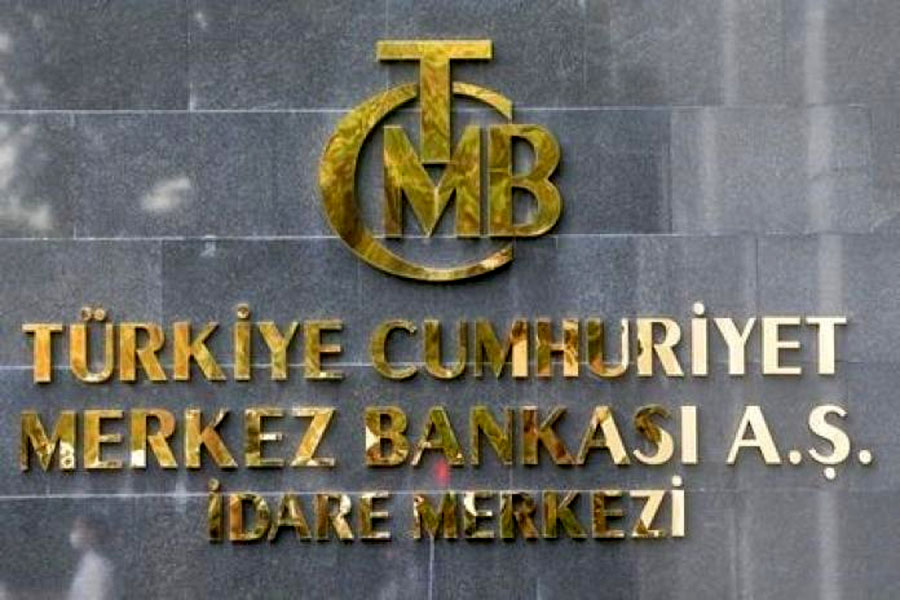A Reuters poll released on Friday showed that Turkey’s central bank is likely to cut its policy rate by 100 basis points to 11% next week. This comes after President Tayyip Erdogan called for more easing each month and said rates should be in the single digits by the end of the year.
In the past two months, the central bank has shocked the markets by cutting its policy rate by 100 basis points each time, bringing it down to 12%. This is despite the fact that inflation rose above 83% in September.
Monetary easing is part of Erdogan’s unorthodox economic plan, which aims to boost growth, investments, jobs, and exports by lowering the cost of borrowing, especially for small and medium-sized businesses and exporters.
The president has a lot of power over the central bank. Earlier this month, he was even more clear about policy when he said that the bank would keep cutting rates every month “as long as I am in power.”
Thirteen of the twenty economists polled by Reuters thought that the bank would lower its policy rate to 11% at its meeting on October 20. Six thought it would stay at 12%, while one thought it would go down to 11.50%.
Credit Suisse said that the recent decisions Turkey has made about its monetary policy have not been based on “traditional economic principles.”
In a note, it said, “The authorities will probably keep putting in place ad hoc measures as long as they can to keep up what we see as an unsustainable policy stance.”
“Political considerations, especially the presidential and parliamentary elections that will be held no later than mid-2023, will also be very important to the timing of a conventional policy adjustment,” the report said.
Since November 2021, prices have gone up a lot. This is because the central bank started an “easing cycle” in which rates were cut by 500 basis points from September to December of last year.
The cuts caused a currency crisis, and the lira lost 44% of its value against the dollar by the end of the year. This made inflation worse. This year, the currency has lost another 29% of its value.
In the Reuters poll, 23 economists predicted that inflation would be 72.5% by the end of the year, while the government said it would be 65%. By the end of 2023, economists thought it would be down to 40.5%.
One of the main goals of Erdogan’s economic plan is to turn Turkey’s current account deficit into a surplus. Ankara says this will lower inflation in the long run.
But rising energy and commodity prices around the world and a likely slowdown in exports have made that goal almost impossible to reach. The government does not expect to have a surplus in the next three years.
The median estimate of 17 economists was that the current account deficit would be 6.5% of gross domestic product (GDP) this year and 4.0% of GDP next year. This differs from the government’s predictions of 5.9% and 2.5%, respectively.
34 economists predicted that GDP growth would be 5.0% this year and 3.0% next year.
(Click here for more Reuters global economic poll stories).
Milounee Purohit conducted the polling; Ali Kucukgocmen wrote; and Jonathan Spicer and Hugh Lawson edited.

